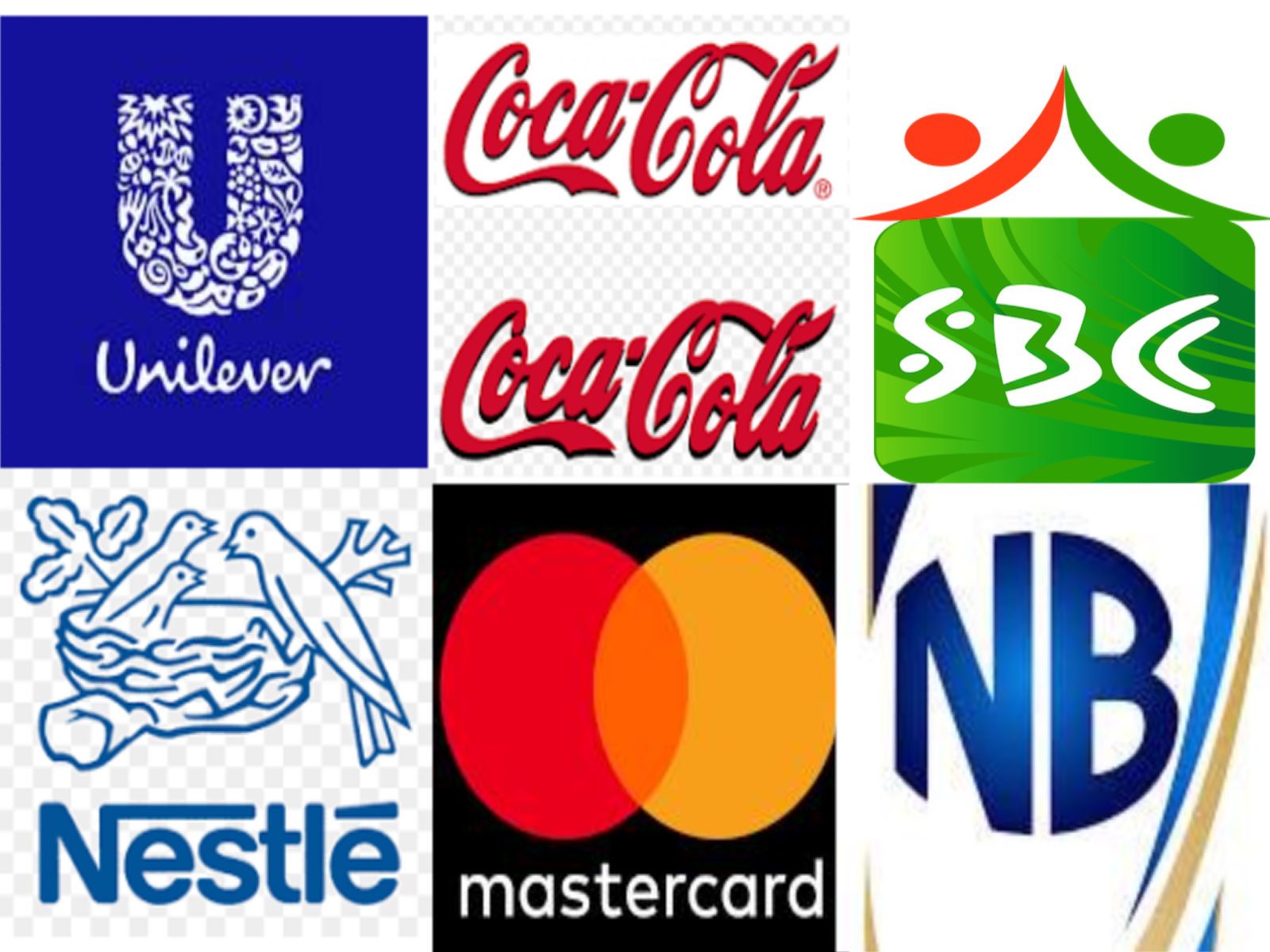
Brands building equity with social impacts
By Felicia Nwosu
Today, people-centric brands that buy into the ethos of present day conscious consumers are striving to sharpen sustainability efforts with eco-friendly solutions aimed at making meaningful contributions to the communities they serve by fostering positive change. The need for brands to sharpen their sustainability efforts has continued to be on the rise as well as the herculean task of embracing eco-friendly solutions that meet these demands.
To attain these feats, lots of brand owners are at the forefront of achieving a sustainable future through various social impacts, utilizing cutting-edge technologies and innovative strategies just to ensure that their names get etched into the positive record book of consumers.
This has gingered diverse brands to wholeheartedly embrace various dimensions of eco-friendly solutions as they realize the necessity to position recyclability at the centre of every action.
To demonstrate its support towards this vision, the World Federation of Advertisers (WFA) launched the Planet Pledge initiative to encourage Chief Marketing Officers(CMOs) to champion the global Race to Zero campaign both internally within their organizations as well as encourage value chain partners to do the same.
With this initiative, some major global brands have carved out some impactful, memorable actions to champion the global cause when it comes to eco-friendly matters and biodegradable packaging. These include:
Unilever Nigeria
In recent years, Unilever has made a bold commitment to sustainability, with the goal of halving its greenhouse gas emissions by 2030 and achieving net zero carbon emissions by 2039. One of the key pillars of Unilever’s sustainability strategy is its Clean Future initiative.
Coca-Cola
Coca-Cola on the other hand is working with social enterprises, civil society organizations, and agencies with a focus on stimulating a circular economy to deal with plastic waste and contribute to improving a debris-free environment by marshaling initiatives that seek to empower people who may be involved in the collection.
The global beverage company also has other initiatives such as the Coca-Cola Foundation which has partnered with Statewide Waste & Environmental Education Project (SWEEP) Foundation to start off its “Waste In The City” initiative across target communities, as part of its sustained strategy of fostering a “World Without Waste”.
The initiative funded by The Coca-Cola Foundation is a community-focused project aimed at unclogging blocked drainages and canals by extracting PET bottles, cans and other plastic waste, recycling them through accredited off-takers while providing economic empowerment for community youth and women.
SBC
Seven-Up Bottling Company Plc. partnered with Yalo, a leading conversational AI platform and the Food and Beverage Recycling Alliance (FBRA), to redefine how Nigerians perceive waste management, recycling, and environmental sustainability.
This strategic partnership marked a significant milestone in reshaping the country’s recycling market through the integration of artificial intelligence and community engagement aimed at achieving environmental sustainability.
Nestle
Nestlé Nigeria is committed to a waste-free future and has taken steps to promote environmentally sound waste management practices for a clean, safe, and sustainable planet. As part of the Nestlé Cares Initiative 2023, over 400 Nestlé employees cleaned up 12 markets across the country, collecting 6,660kg of solid waste and 79kg of recyclables across the locations.
Aside this, Nestle has also introduced diverse ways of promoting a sustainable future which includes a professional training programme, in collaboration with Lagos Business School (LBS) aimed at equipping journalists with requisite knowledge in reporting issues that concern nutrition, health, sustainability, and agriculture with relevant information and skills required for database reporting.
Nestlé Nigeria, is taking on this bold step to deliver on the company’s global commitment to make 100% of Nestlé’s packaging recyclable or re- usable by 2025 to protect the environment
Mastercard
As part of its sustainability efforts, MasterCard, a leading digital service platform announced plans to halt the use of Polyvinyl Chloride (PVC) Plastic on payment cards by 2028 and make card services available to its teeming consumer with eco-friendly and sustainable materials.
The company revealed that effective from January 1, 2028, its payment cards will be produced from more sustainable materials which constitute recycled or bio-sourced plastics
Nigerian Breweries
Nigeria’s leading brewery company, Nigerian Breweries PLC has conducted tree planting exercises across its nine brewery locations in Nigeria as part of activities to celebrate its 75th anniversary and in line with the global mandate to protect and conserve natural ecosystems.
In the same vein, some marketing professionals who spoke on this global trend, noted that more brands that have realized the value of eco-friendly production processes are beginning to do things in the sustainability space to boost both equity and return on investment.
Blessing O., a growth strategist with Kantar, explained that forward-thinking brands should not ignore the immense advantage derived from participating in social Impact initiatives, backing up her claim with a data result conducted by Kantar.
“When we analyze a global top 100 most valuable brands, what we see is the dollar value that sustainability contributes to the total brand value for these 100 brands is almost 200 billion dollars. However, if we become more ambitious and increase sustainability, in line with the nearest competitor, there is going to be an incremental value of 2.3 billion dollars. And then if we increase further, in line with the market leader, we will add 3.9 billion dollars to the total value. This is how we can show that sustainability contributes to brand value. We also have proven records to show that sustainability supports brand growth in the longer term.”
Mark Molenaar, Director of Customer Experience, Sub-Saharan Africa, Kantar, called for a more synergized team to enable brands achieve their values as promised to consumers meaningfully.
“We can leverage that synergy that we have between the two meaningfully. It’s really about meeting people’s needs and feeling emotionally connected to the brand. What does it mean to create a meaningfully different customer experience, so in terms of making meaningful difference, it comes with meeting people’s needs and making them feel emotionally connected to the brand. That’s being effective, delivering the service that customers are looking for, doing what you promise, making it easy, frictionless in terms of getting what you’re trying to do and creating an affinity sustainably.”




Comment
No comments found.